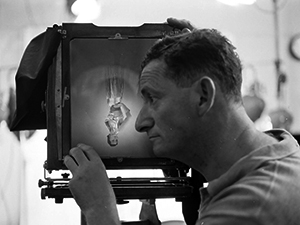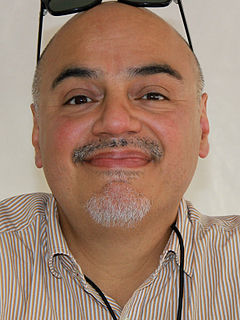A Quote by David Morrell
The flaw of an amateur is to assume what's in our head is what's on the page.
Related Quotes
The amateur has a long list of fears. Near the top are two: Solitude and silence. The amateur fears solitude and silence because she needs to avoid, at all costs, the voice inside her head that would point her toward her calling and her destiny. So she seeks distraction. The amateur prizes shallowness and shuns depth. The culture of Twitter and Facebook is paradise for the amateur.
Whenever we remember a series of events, we remember them different. We are constantly changing. It's a flaw, but on the other hand, when we say a word, the meaning is not what you put into it. Rather, the meaning of the word is all of the past usages of that word. Like this cloud that makes up the meaning of the word. It's your subject if you write. For instance what you put in that word and what you assume it means, even its flaw. It has a general agreement.
You have many flaws, he announced... “But there was one flaw that made all the other imperfections pale in comparison.” “Was?” she asked. “I don't have this flaw any longer?” “No, you don't.” “Pray tell,” she muttered in exasperation, “what was this terrible flaw?” He grinned. “You used to be English.
We have a tendency to assume or believe saying I love you means we are ready for love, or that hearing it from someone else means they are ready. We just assume that we are on the same page about what it means. We don't know what someone else is thinking, projecting, assuming, expecting when they say that.







































